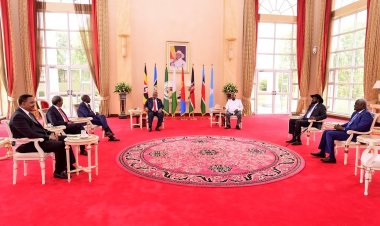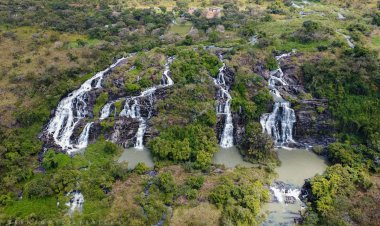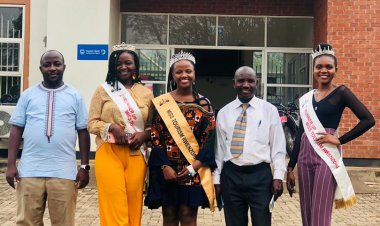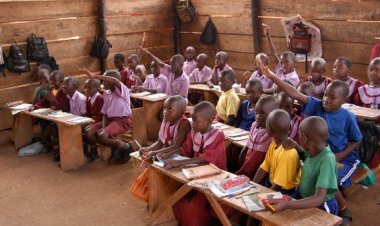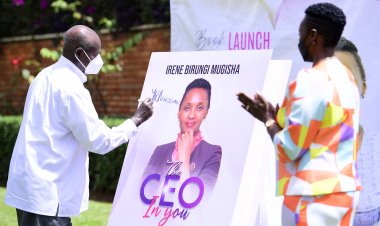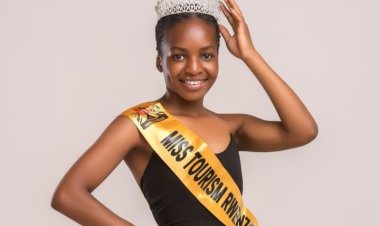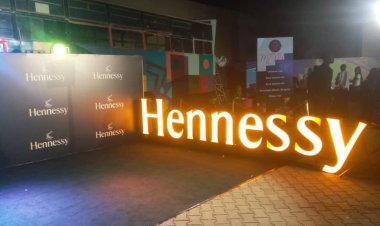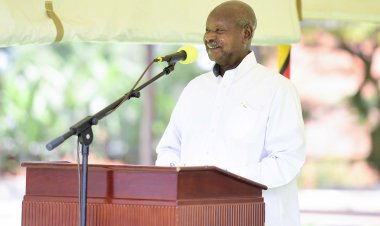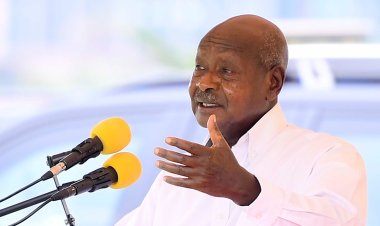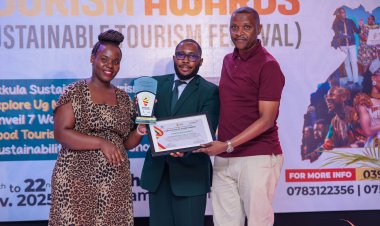Uganda Reclaims 39 Cultural Artefacts from Cambridge University
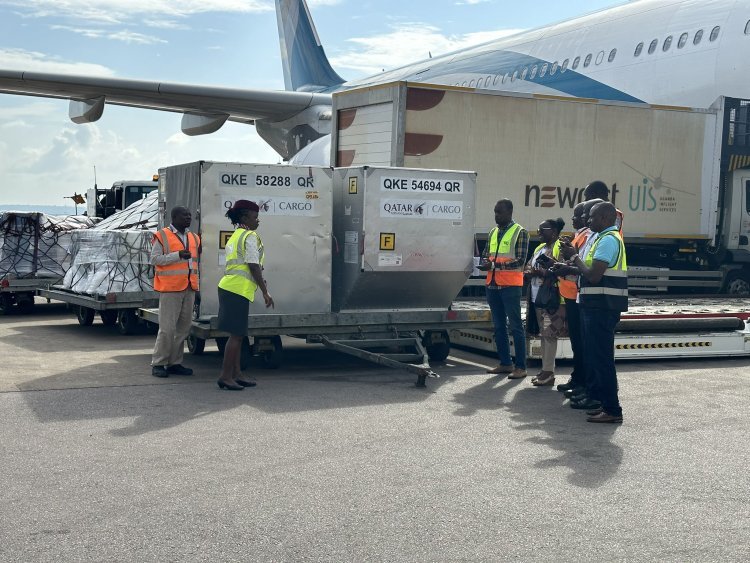
Uganda has successfully repatriated 39 invaluable artefacts from Cambridge University's Museum of Archaeology and Anthropology.
This marks the largest single return of such items, taken during the late 19th and early 20th centuries by British colonial administrators, anthropologists, missionaries, and soldiers.

This significant repatriation effort addresses the historical injustices of the colonial era, during which numerous cultural treasures were wrongfully acquired.
The artefacts have been housed in Cambridge for over a century, and their return is a crucial step in rectifying the past wrongs of British colonial rule.

Among the distinguished items returned are a drum from Bunyoro, brought to Cambridge in 1920, and a headdress made of human hair from Lango, taken to England in 1937.
Many pieces were collected by missionary anthropologist John Roscoe, who had deep ties to Cambridge. Notably, the collection includes balongo—sacred 'twins' with significant ritual purposes in Buganda.
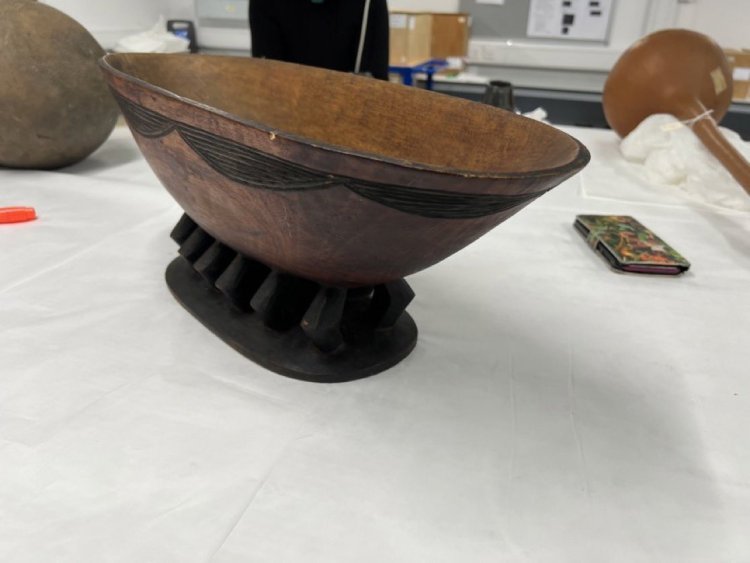
Plans are already underway to return these objects to their original tombs in collaboration with the Buganda kingdom.
The historic event was commemorated today by colleagues from the Uganda Museums and representatives from Cambridge University Museum of Archaeology and Anthropology.

This repatriation follows a precedent set in July 1962 during Uganda's independence celebrations when the Kibuuka Regalia was returned.
A press conference will be held on Wednesday to officially unveil the artefacts.
Uganda Museums plan to host a special exhibition in 2025 or 2026, where the full stories of these objects will be shared with the public.
This repatriation project, funded by the Mellon Foundation. A 2021 press release from the foundation announced this initiative, emphasizing the importance of such partnerships in preserving cultural heritage.








